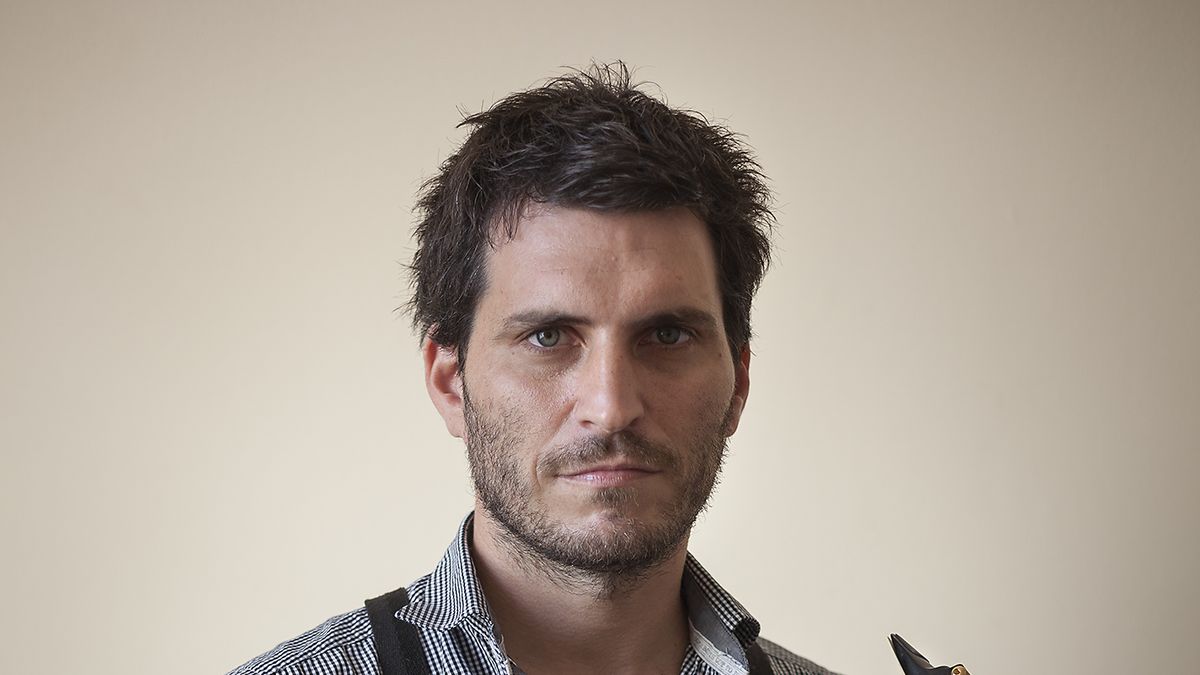“Poetry is like the leap into the void in jazz, where you improvise without knowing where you will end up,” says Andrew Hayesthe saxophonist chosen by Fito Paez, Divididos, Alejandro Lerner, Los Cafres, Mike Amigorena, Ángela Torres and The Argentine Voiceamong others, who releases his new album this Friday, “Luces hoy.”
The album is made up of his own compositions between jazz and song, accompanied by the lyricist and singer Juana Sallies and a Scaloneta of jazz: the trumpeter Juan Cruz de Urquiza; the double bassist Ezequiel Dutil; the drummer Bruno Varela its guitarists Damien Poots and Pablo Passiniand Facundo Flores on percussion as a guest musician. They will offer a show on Sunday, April 7 at 9:30 p.m. on BeBop.
Journalist: You say that embracing poetry is taking that leap into the void that jazz proposes, how do you explain it?
Andrés Hayes: It is a moment where there is no metaphor, perhaps because it is not needed as much as it happened in the past, for example the time of the military where if you said something confrontational literally it was prohibited or worse things could happen. At this moment the metaphorical world in the song is not so in vogue. I equate metaphor and poetry to that same leap into the void that is used in jazz to improvise, you start without knowing where or how you end. I dare to say it without being the one who writes the lyrics but it is the leap to interpretation.
Q.: Where does the inspiration for Roberto Arlt’s marginal characters come from?
AH: Arlt is the writer who always challenged me in my adolescence and adulthood and I feel that his characters are still relevant. It is remembering it and knowing that there is something that transcends time and does not change.
Q: How do Bach or Nirvana dialogue with jazz?
AH: That game that there is in Bach and Nirvana in me has to do in the first case with musical training and in the second with a mark of my youth. I studied Bach in harmony and examples of him are used, Nirvana at first I didn’t like it very much but as time passed I appreciated it.
Q.: How do you get along with the new forms of dissemination through Spotify or YouTube?
AH: New platforms like Spotify are difficult for me because there is so much that it is difficult for me to select and know where to start. I come from a generation that bought cassettes, CDs, vinyl, my parents had and I bought again. I got used to Spotify, for diffusion it is cheaper than making an album but at the same time when you made an album you sold them live and that resulted in monetary recovery, especially for independent musicians. You win because it makes recording and releasing cheaper, but it becomes more difficult to recover the money so I don’t know what I’m left with. A lot of information is lost but at the same time it reaches many places in the world.
Q: What is the meeting with the public like at live shows?
AH: The audience is the one who ends up completing the musical proposal, especially in jazz where there is improvisation and the audience’s reaction weighs so much. Delivery is very important when playing because there is dialogue with the people. When a solo is applauded, when that intimate issue occurs.
Q.: What can you say about this moment in culture and how musicians go through it?
AH: Culture is always a good investment and provides work, from the sound engineer, the one who does the staging, the musicians, the one who does the mixing and recording, the assistants, there is work behind and that is not valued, it is not taken into account. or it is not known. There is ignorance, we are waiting for what is going to happen.
Source: Ambito
I am an author and journalist who has worked in the entertainment industry for over a decade. I currently work as a news editor at a major news website, and my focus is on covering the latest trends in entertainment. I also write occasional pieces for other outlets, and have authored two books about the entertainment industry.




